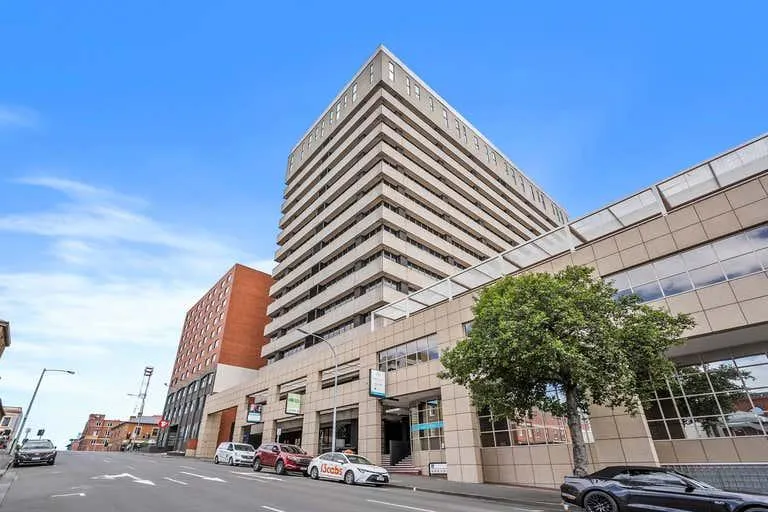
When a Meeting Becomes a Moment of Reckoning
As Chair of Hobart City Council’s Access Advisory Committee, I have the great honour—and no small responsibility—of helping ensure our city hears the voices too often left out of the civic conversation. This committee is more than a formality; it is a beacon for inclusive governance. We provide a platform where advocates for those with disabilities can offer their insights on matters that affect them directly—matters that many of us, with able bodies and full faculties, might take for granted.
It is a simple truth, often overlooked: everyone, regardless of background or ability, deserves to feel heard, supported, and included in their community. Equally important is a shared civic mindfulness—that a change in mobility or communication, whether temporary or permanent, can transform even the simplest tasks into daily obstacles. Things like visiting the dentist, reaching a hairdresser, or just crossing a street become ventures that require grit and grace in equal measure.
That is why community consultation matters. That is why, when Hobart residents gathered for the Collins Street public meeting, it was a chance to do something precious—listen to each other.
This meeting was never about a single issue. It touched nerves across the city, from concerns about job losses and the viability of small business, to road safety for cyclists, traffic congestion, family life, and yes—access for people with disabilities. The range of voices was broad. As it should be. But sadly, the tone was not always as generous.
Now, I must remind readers that public meetings serve a specific purpose in the civic process. They allow the people to speak; they are not a forum for elected members to campaign, grandstand, or influence proceedings. Our role in such a setting is to listen, not to lead the chant. Yet, some elected representatives forgot themselves that night. The need for impartiality was cast aside, and with it, the fragile trust that communities place in those who represent them.
It is no small thing to say that I personally felt unsafe attending. I know I was not alone. Others chose to stay away entirely, having read or heard the rumblings of aggression that preceded the event. Civic debate should never become civic danger.
Most troubling of all was the behaviour of a small group who, despite their professional titles—some declaring themselves medical professionals—abandoned the dignity of their training. They adhered themselves to a mob that engaged in mocking and belittling those who spoke with vulnerability, many of them elderly or disabled. I cannot help but wonder: if a person appears to support such derision in public, how much genuine care should we expect from them in a private consultation room?
And then came the end—the moment when anger replaced engagement, and the final motion, which called simply for good communication and sound research by the Council, was shouted down. To vote against such a proposal is, quite frankly, bewildering. When our processes abandon rigour, when reason is drowned out by roar, we stand on dangerous ground. We risk letting the loudest, not the wisest, shape the future of our city.
Yet, the irony that lingers is this: had we opted for a single bike lane on Collins Street instead of two, this entire uproar may never have occurred. One lane. One small compromise. Sometimes, it seems, we create tempests in teacups—and then hand out the teacups.
Let us learn from this. Let us remember that governance is not theatre, and democracy is not a game of sides. If we do not create space for everyone—especially the vulnerable—then we have failed the very people we are elected to serve.
Let us listen. Let us include. And above all, let us be better.
